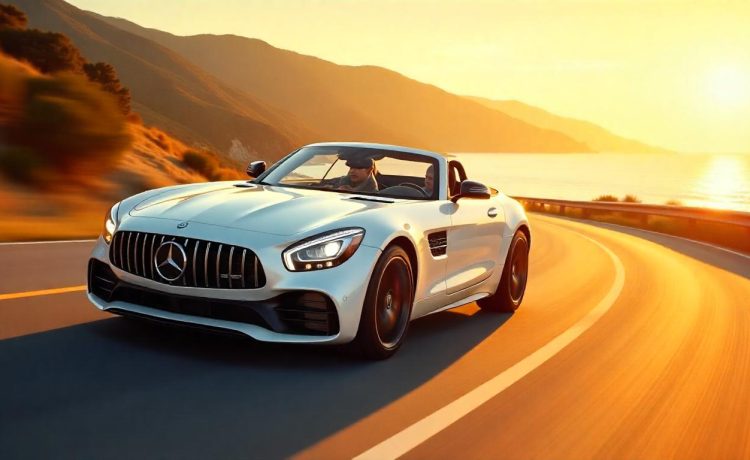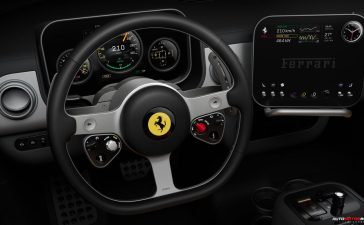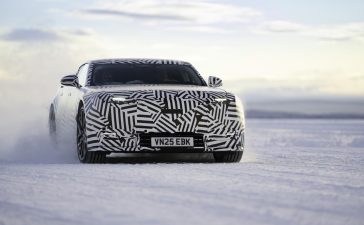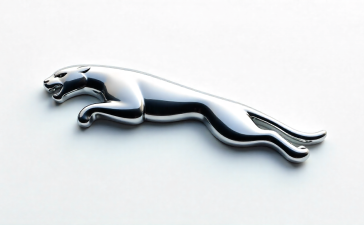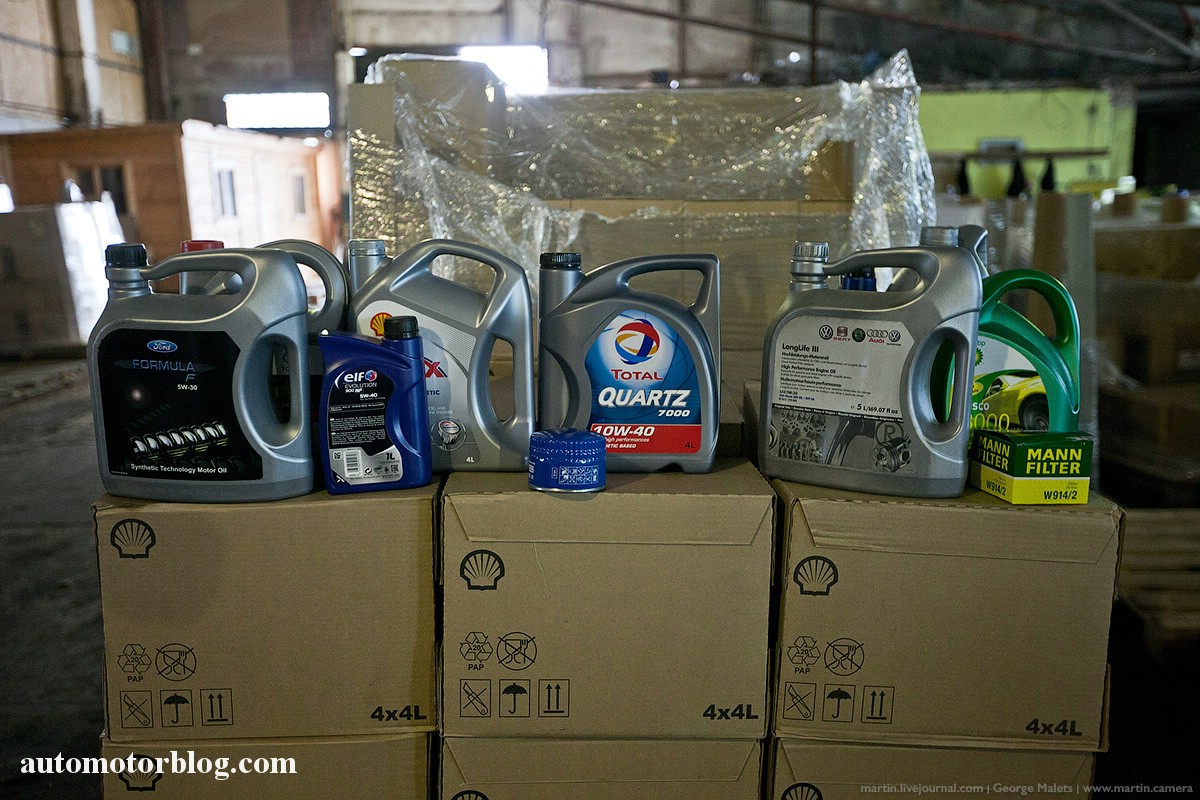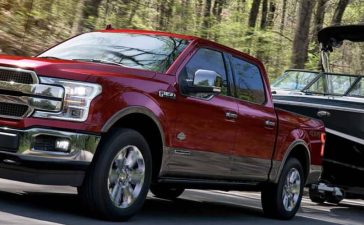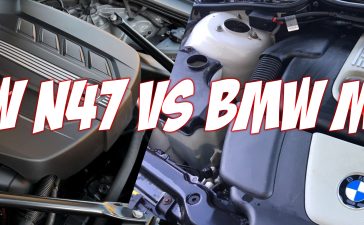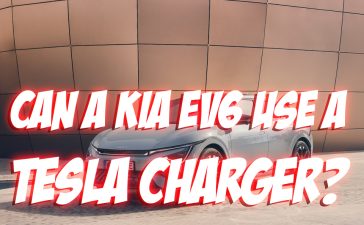Both Mercedes and Audi have just announced intentions to manufacture gas-powered automobiles for a long time. The Stuttgart-based carmaker’s CEO, Ola Källenius, said that staying with internal combustion engines for longer than anticipated was a “course correction” that was necessary. Simply said, the company has previously stated its intention to transition to electric vehicles “where market conditions allow” beginning in 2030.
A statement made by the chairman and chief executive officer of Mercedes was made in an interview with the German journal Auto Motor und Sport. He said that “electrified high-tech combustion engines will run longer than we initially expected.” In light of the unexpectedly delayed adoption of electric vehicles, he suggested a dual gas-and-electric approach as the best course of action: “Given the current state of affairs, I believe the best course of action would be for a well-established manufacturer to execute both tasks without ignoring either technology.” He did not name a specific date, but he did suggest that this would be the best course of action.
Quite erroneously, multiple individuals associate the EV industry in general with a decrease as promising EV sales targets established by auto companies are being relinquished by them. Though certain companies are experiencing the problem, such as the case with Mercedes, which reported a 23 percent fall in 2024, the industry as a whole is experiencing growth. The International Energy Agency reported sales of electric cars went up by more than 25 percent to 17 million units in 2017.
It is not only that, but according to the annual Electric Vehicle Outlook released by BloombergNEF yesterday, plug-in hybrid and electric vehicle sales will rise 25 percent this year compared to 2024 to just over 22 million units. It is expected that most, or nearly two-thirds, of the PHEV and EV sales are going to be realized in China, according to the same research.
China continues to be Mercedes’ most important market, much like its rivals, despite the fact that sales of combustion and electric vehicles fell by 7% to a total of 683,600 over the previous year. It is worth noting that Kallenius says that Chinese customers “do not simply use their cars to get from A to B.” It is also used by a great number of individuals as an extra living space. Possibly, this is the reason why the three-pointed star models that have been used in recent years have depended so heavily on displays.
Until the 2030s, the three most prestigious German automakers will keep offering a range of combustion and electric vehicles to satisfy customers’ needs. What will happen in nations that adhere to EU rules, which ban car companies from selling new cars with dangerous pollution emissions starting in the middle of the next decade, is still up in the air. Although the European Union is not backing down from its stance, some automakers may be hoping for a postponement of the ban.


